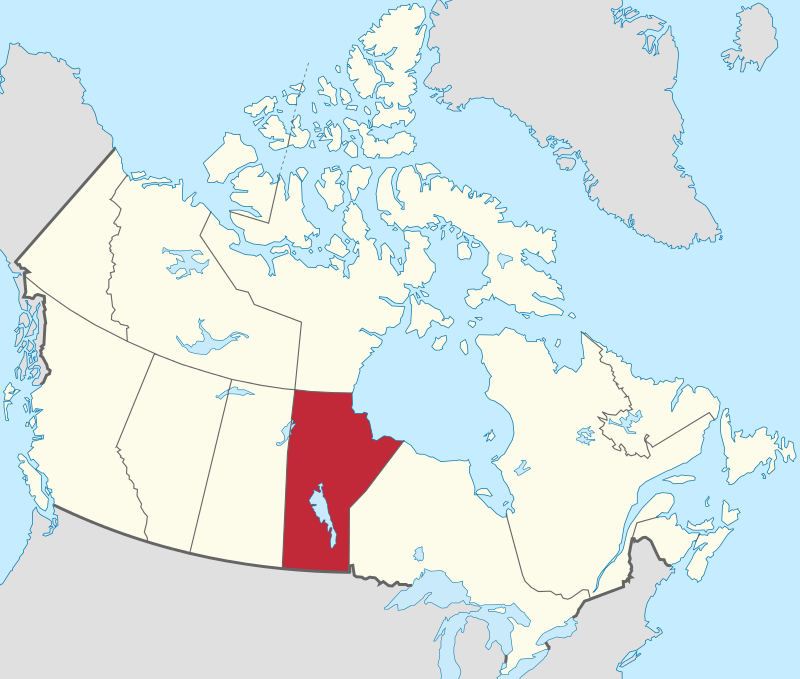
WINNIPEG—Manitoba is promising to cut greenhouse gas emissions by one-third in the next 15 years and bring in a cap-and-trade system for the province’s 20 largest emitters to help meet that goal.
Three years after missing the province’s previous greenhouse gas emissions target, Premier Greg Selinger said Manitoba aims to be carbon-neutral by 2080.
He says climate change is too great a challenge to ignore.
“We’ve seen major floods. Every year we’re seeing more forest fires,” he said Thursday before leaving for the global climate change summit in Paris. “All of those weather events are becoming more severe, more intense and more frequent. And they’re costing us billions of dollars to address.”
The NDP promised in 2007 to reduce harmful emissions to six per cent below 1990 levels by 2012. Instead, emissions were almost 15 per cent higher.
This time, Selinger said, the government will create 6,000 green jobs in the next five years, expand its Power Smart program to help people reduce energy use and bring in an environmental bill of rights with an independent watchdog.
It will also join Ontario and Quebec by introducing a cap-and-trade program for the 20 large emitters, the details of which will be worked out with those companies, he said.
“We’ll be working with all of them to put the system in place to ensure they are part of the solution,” Selinger said. “It’s a firm, hard commitment that requires us all to work together to achieve it.”
The cap-and-trade commitment won the approval of former U.S. vice-president and environmental champion Al Gore.
“Manitoba—hurray!—Is adding to Canadian provincial leadership by launching a carbon market,” he said on social media. “Great timing for the world!”
Others said the threat from climate change is real and needs a more ambitious plan.
Danny Blair, climate change scientist and acting dean for the University of Winnipeg’s faculty of science, said anything that results in a reduction in greenhouse gas emissions is “a good thing.” But the world needs much more drastic action if it is going to keep temperatures from rising by more than 2 C, he said.
“Is it sufficient? No,” Blair said. “If we go beyond two degrees from a global perspective, there is a dangerous kind of climate change occurring. We will continue to see even more extreme events.”
Alex Paterson with the Manitoba Energy Justice Coalition said the plan announced Thursday is “better than what we had yesterday.” Its impact will depend a lot on the details of any cap-and-trade initiative, he added.
Paterson, too, said much more radical action is needed. The economy needs to stop propping up “dinosaur fossil fuel” industries that contributed to the current environmental crisis, he suggested.
“If your business can’t survive without aggressive reductions, you’re going out of business. That’s what climate change demands—that we develop new businesses that don’t rely on the production and the burning of fossil fuels,” Paterson said.
“There has to be a loser in climate change and it has to be heavy emitters.”